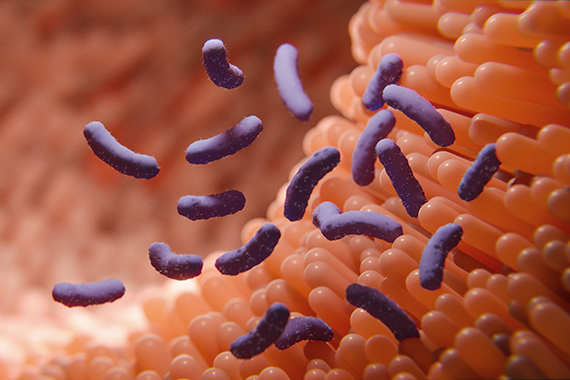Mikrobiomforschung

ORF "Wissenswert"

Our body houses more microorganisms than own cells. These are mainly found in the intestines, but also on the skin, in the mouth and in the airways. More microbes live on our skin alone than there are people on earth. The interactions with this so-called human microbiome are extremely important for health. Microbiome research is a relatively young field of research. Only with the development of new sequencing technology has it become possible to capture the complexity of the microbiome to a large extent.
The focus of our studies is on research into the human microbiome, in particular the intestines, skin and respiratory tract. Furthermore, we deal with the microbiomes of the environment (plants, interiors) and their interaction with the human body.

"The human microbiome is an integral part of our body. Our aim is to better understand the function of these microorganisms in the development of disease and to use this knowledge preventively and therapeutically."
Gregor Gorkiewicz, spokesperson of the research field




